Crows, members of the Corvidae family, are among the most intelligent and adaptable birds on the planet. Revered and reviled in equal measure throughout history, these black-feathered birds have been a source of fascination for cultures around the world. Known for their problem-solving skills, complex social structures, and remarkable memory, crows continue to intrigue scientists and laypeople alike. This article delves into the world of crows, exploring their intelligence, behavior, cultural significance, and the ongoing research that sheds light on these enigmatic creatures.
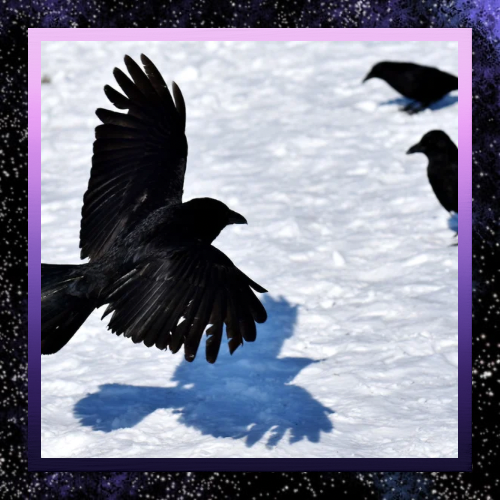
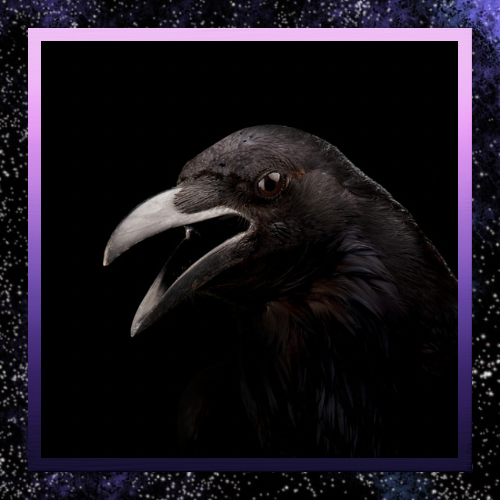
Intelligence and Problem-Solving Skills
Cognitive Abilities
Crows possess cognitive abilities that rival those of some primates. They have demonstrated advanced problem-solving skills, including the use of tools. In a famous experiment, New Caledonian crows (a species native to the South Pacific) were observed bending twigs into hooks to extract insects from tree bark. This ability to create and use tools is rare in the animal kingdom and highlights the crow’s ingenuity.
Moreover, crows can understand complex concepts such as causality and can solve multi-step puzzles. In one study, researchers presented crows with a series of tasks that required sequential problem-solving. The birds successfully completed the tasks, indicating a high level of cognitive flexibility and understanding of cause and effect.
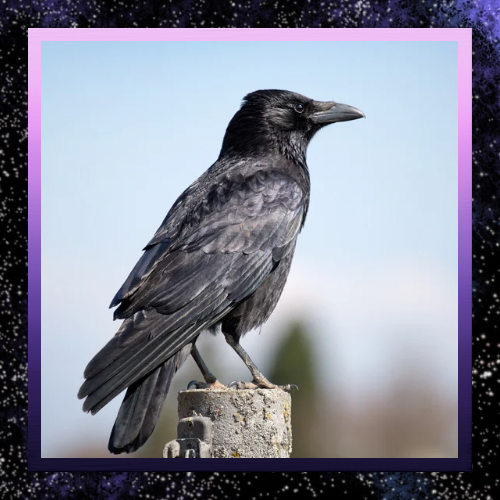
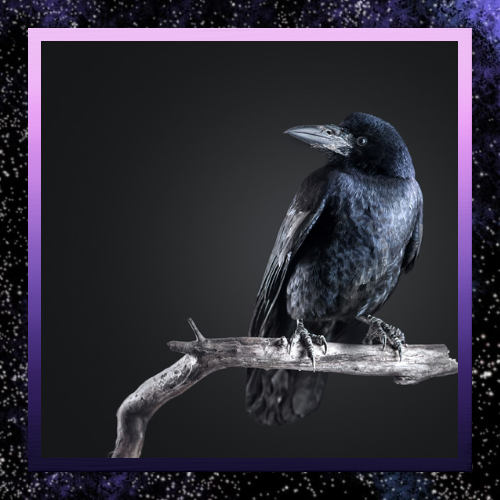
Social Learning
Crows are highly social animals that learn from one another. They can observe and mimic behaviors exhibited by other crows, allowing them to acquire new skills and knowledge without direct experience. This social learning extends to recognizing and avoiding potential threats. For instance, if a crow encounters a dangerous situation, it will communicate the danger to other crows, who will then remember and avoid that specific threat.
Behavior and Communication
Complex Social Structures
Crows live in complex social groups with distinct hierarchies. These groups, often referred to as murders, are composed of family units and unrelated individuals. Within these social structures, crows exhibit cooperative behaviors, such as communal roosting, where large numbers of crows gather to sleep in the same area. This behavior provides safety in numbers and allows for the sharing of information about food sources and dangers.
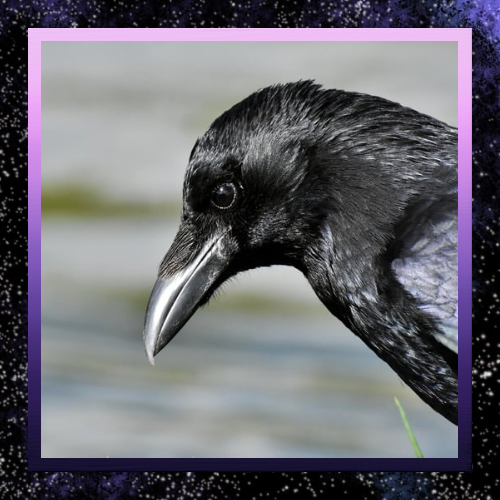
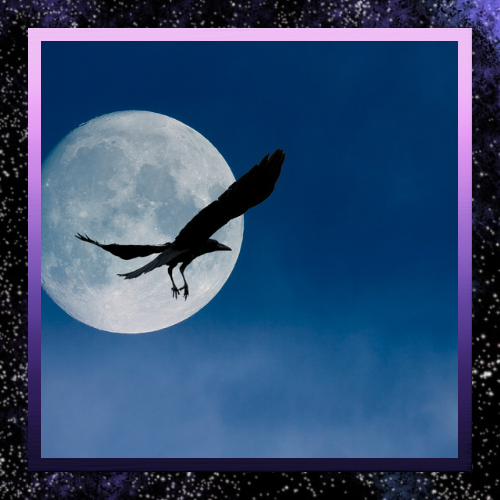
Vocalizations and Communication
Crows are known for their wide range of vocalizations, which serve various functions, including attracting mates, defending territory, and warning of predators. Their calls can be specific to particular situations and can convey detailed information. Researchers have identified distinct vocal patterns used by crows to communicate different messages, demonstrating the complexity of their communication systems.
In addition to vocalizations, crows use body language and physical gestures to communicate. They may perform elaborate displays during courtship or use specific movements to signal alarm. This multi-modal communication system adds to their ability to convey nuanced information within their social groups.
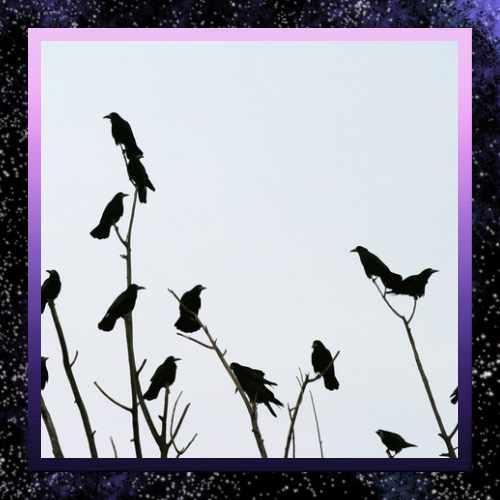
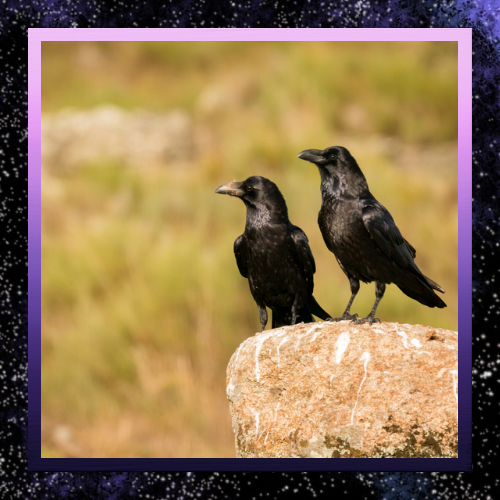
Cultural Significance and Mythology
Symbolism in Different Cultures
Crows have played significant roles in the mythology and folklore of various cultures. In many Native American traditions, crows are seen as symbols of transformation and change. They are often depicted as tricksters with the ability to shape-shift and manipulate their environment. Similarly, in Celtic mythology, crows are associated with war and death, often seen as omens of conflict or guides to the afterlife.
In contrast, some cultures view crows more positively. In Japanese folklore, crows are considered messengers of the gods and symbols of good fortune. The Shinto deity Yatagarasu, a three-legged crow, is believed to guide emperors and lead people on the right path.
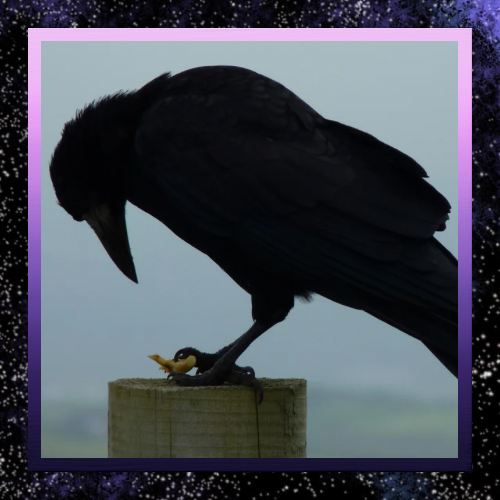
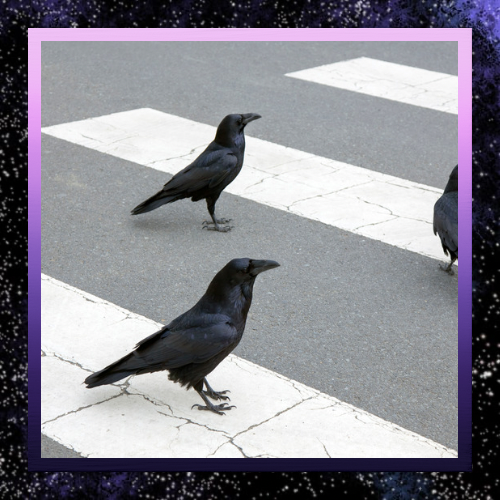
Modern Perceptions
In contemporary society, crows continue to evoke a range of emotions and associations. They are often featured in literature, art, and media, symbolizing intelligence, mystery, and adaptability. While some people view them as pests due to their scavenging behavior and loud calls, others admire their resourcefulness and resilience.
Research and Conservation
Ongoing Studies
The study of crows has provided valuable insights into animal intelligence and behavior. Researchers continue to investigate their cognitive abilities, social structures, and communication methods. For example, recent studies have focused on the neural mechanisms underlying their problem-solving skills and memory. Understanding these processes can shed light on the evolution of intelligence and provide broader implications for other species, including humans.
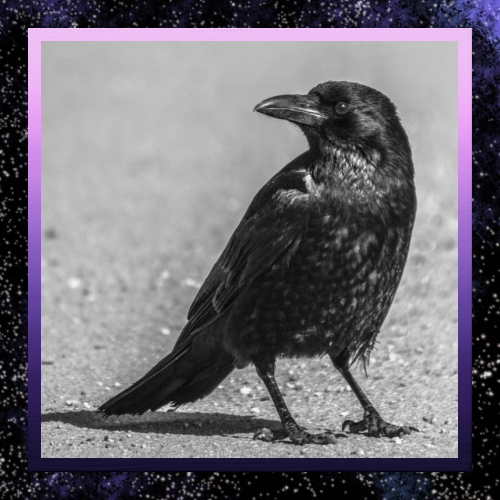
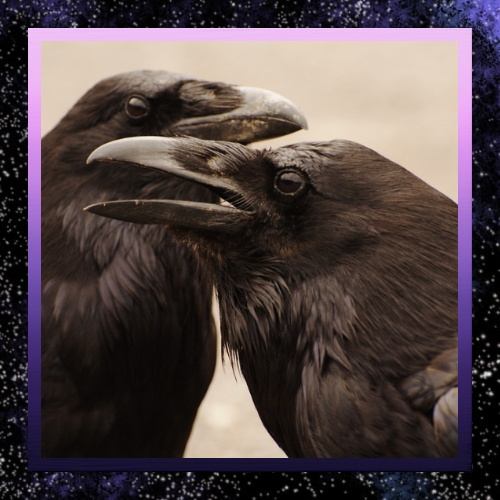
Conservation Efforts
Despite their adaptability, crows face challenges in some regions due to habitat loss, pollution, and climate change. Conservation efforts aim to protect their habitats and ensure stable populations. Urban environments, where crows often thrive, present unique opportunities for coexistence with humans. Creating bird-friendly spaces, such as green roofs and parks, can support crow populations while enhancing urban biodiversity.
Conclusion
Crows are remarkable birds that captivate our imagination and challenge our understanding of animal intelligence. Their problem-solving abilities, complex social structures, and rich cultural significance make them a fascinating subject for study and admiration. As ongoing research continues to uncover the depths of their cognitive abilities and behavior, crows remind us of the incredible diversity and adaptability of life on Earth. By fostering appreciation and understanding of these brilliant birds, we can work towards a future where humans and crows coexist harmoniously, enriching our shared environments.
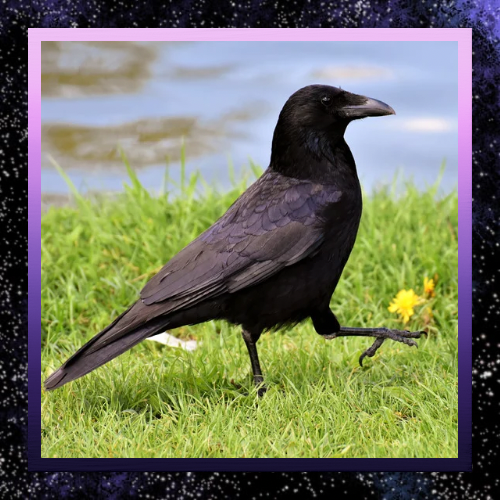
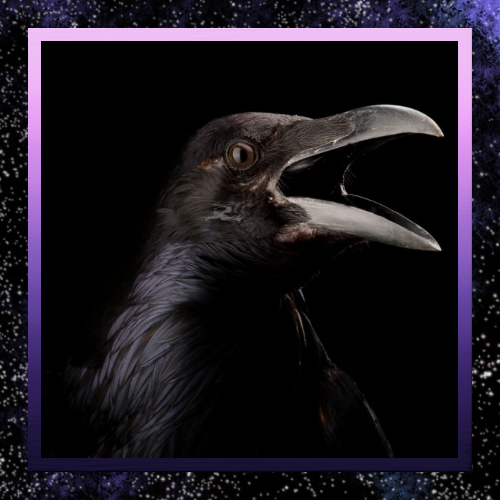
References
1. National Geographic – Crows. https://www.nationalgeographic.com/related/0d6a873e-5f54-3fb3-9836-7f6e0941062e/crows
2. Scientific American – The Genius of Crows. https://www.scientificamerican.com/article/crows-rival-human-toddlers-in-counting-skills/
3. Audubon Society – Crows. https://www.audubon.org/field-guide/bird/american-crow
4. Smithsonian Magazine – How Smart Are Crows? https://www.smithsonianmag.com/air-space-magazine/crows-are-even-smarter-we-thought
5. BBC – The Secret Life of Crows. https://www.bbc.com/news/science-environment-37024393


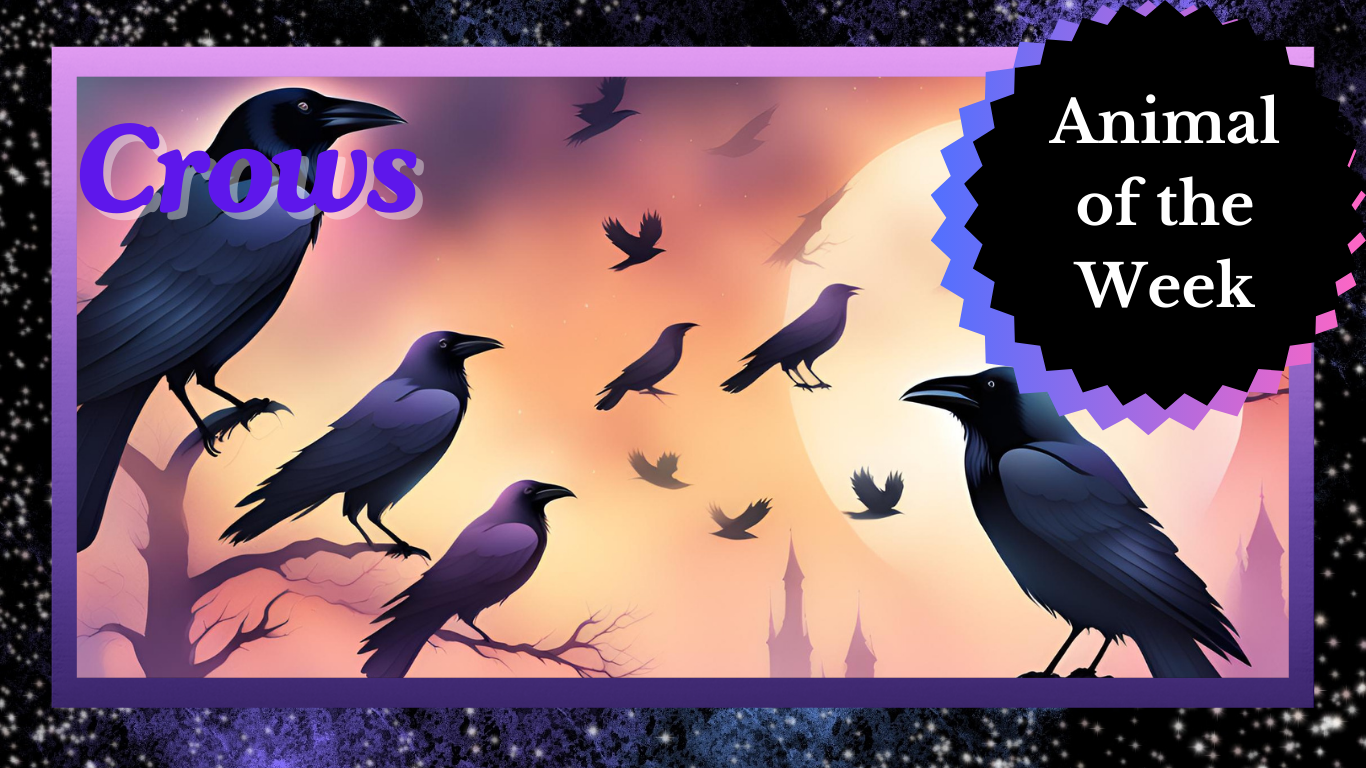


Thanks for your help and for writing this post. It’s been great.
Thanks for posting. I really enjoyed reading it, especially because it addressed my problem. It helped me a lot and I hope it will help others too.
What i do not understood is actually how you’re no longer really much more well-preferred than you may be now. You’re very intelligent. You know thus significantly in terms of this subject, made me personally believe it from a lot of numerous angles. Its like men and women aren’t interested unless it’s something to do with Girl gaga! Your individual stuffs great. At all times deal with it up!